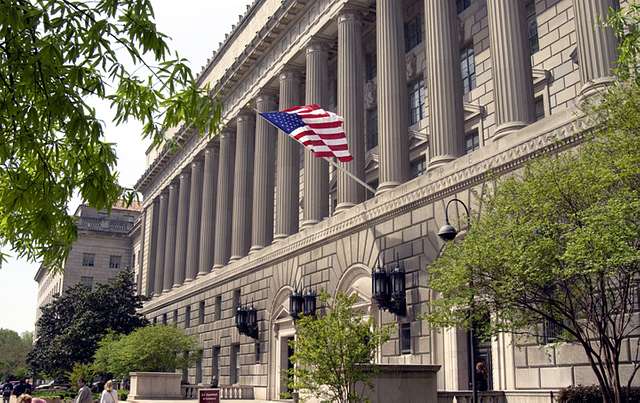President-elect Donald Trump has selected Howard Lutnick, CEO of the financial services firm Cantor Fitzgerald, as his nominee for Commerce Secretary.
If approved by the Senate, Lutnick will oversee a range of agencies dedicated to fostering job creation and economic growth, as well as agencies like the Census Bureau, the National Oceanic and Atmospheric Administration, and the U.S. Patent and Trademark Office, among others.
Who is Howard Lutnick?
In 1991 Lutnick was named the president & CEO of Cantor Fitzgerald. He recognized the importance of technology and, in 1999, decided to take eSpeed, Cantor Fitzgerald’s electronic trading subsidiary, public. This system, which operated without the need for brokers, played a significant role in helping Cantor Fitzgerald stay afloat after the September 11 attacks, which claimed the lives of 658 of 960 of their employees in their New York office, including his brother Gary Lutnick.
Lutnick is a proponent of cryptocurrency. He once described bitcoin as similar to “gold and [that it] should be free trade everywhere in the world.”
What does he do now?
Lutnick has been co-leading Trump’s transition efforts in recent months, focusing on vetting candidates for key administration roles. Additionally, he was a significant financial supporter of Trump’s campaign, contributing and raising tens of millions of dollars.
Lutnick serves on the board of directors for the National September 11 Memorial & Museum and the Partnership for New York City and is currently the chairman & CEO of Cantor Fitzgerald.
Priorities for Commerce under the Trump Administration
The Commerce Department’s responsibilities span a broad array of areas, including semiconductor research, export controls, artificial intelligence, coastal fisheries, and patents. The Commerce secretary also oversees government initiatives on climate change research and weather monitoring, managing critical data on rising greenhouse gas levels and global temperature averages.
It is likely that Lutnick will focus on:
- Boosting manufacturing in the 50 states
- Relations with China
- Artificial intelligence.
On the manufacturing front, Lutnick, if confirmed by the Senate, will likely oversee any reforms to the CHIPS and Science Act, which became law during the Biden administration and is closely connected to new U.S. jobs. The CHIPS Act is also instrumental in securing U.S. dominance over artificial intelligence as it provides substantial funding for AI research.
“The focus is going to be predominantly China,” Nazak Nikakhtar, a former assistant secretary in the Trump Commerce Department told the Washington Post. “There is a real sense of urgency there. Commerce has to make the economy grow, and part of that is to make sure we’re able to run faster than our adversaries.”
















Add comment